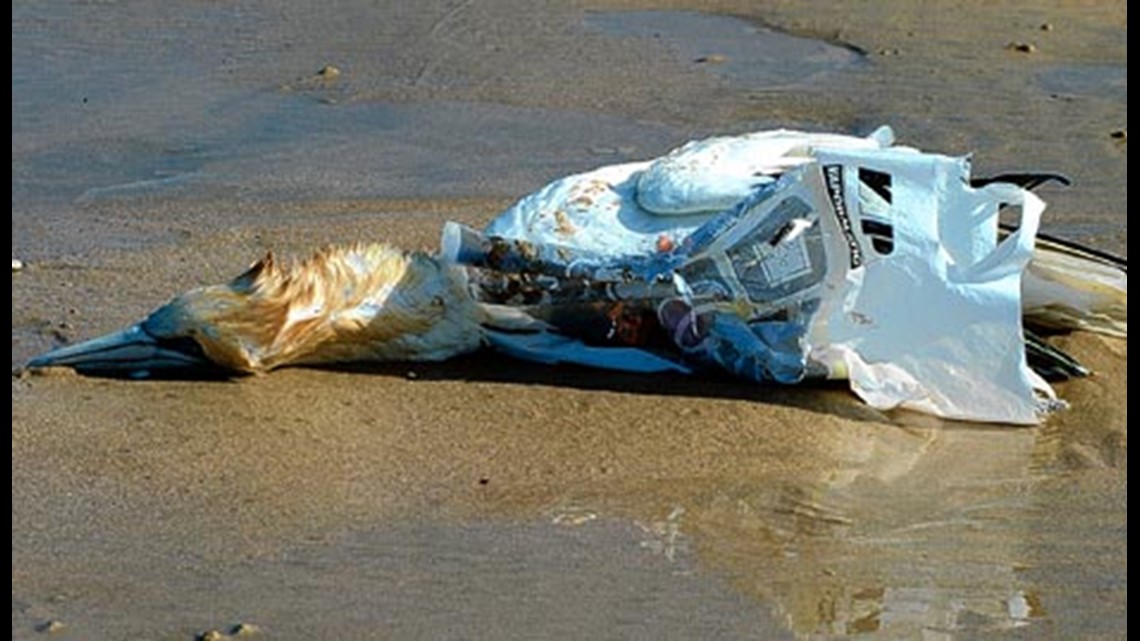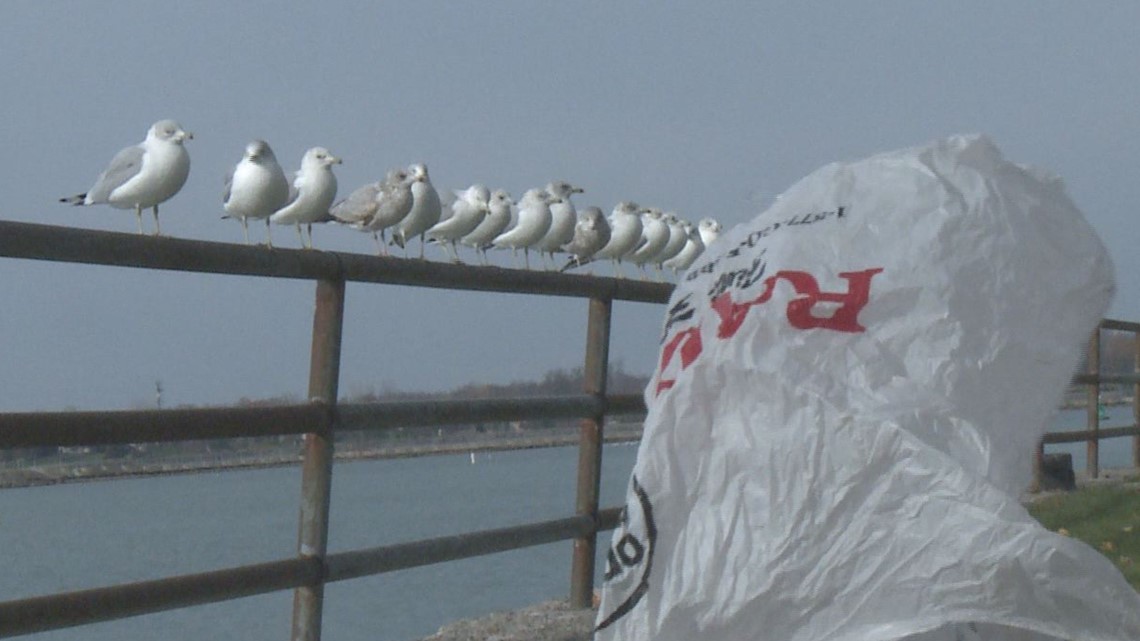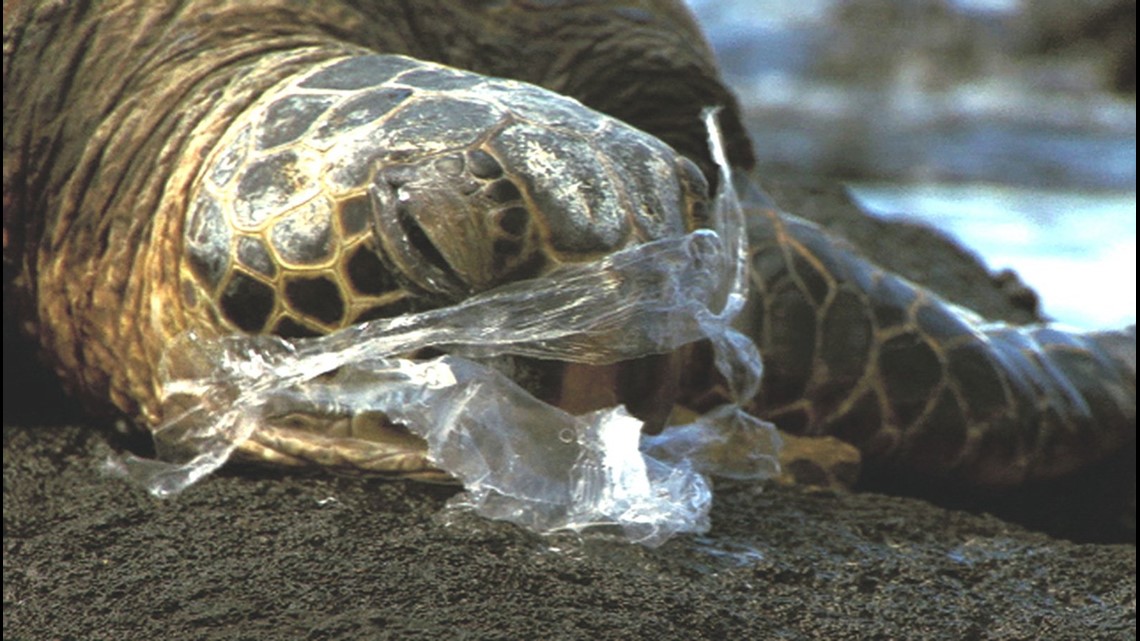BUFFALO, N.Y. — Technology has been a double-edged sword. In many ways, its advance has made our lives easier, but there have been negative effects as well.
Plastics are a prime example. Single-use plastic products are one of the world's worst sources of pollution, and much of it ends up in oceans and lakes.
Christy Leavitt is Plastics Campaign Director of Oceana. "Every year, 33 billion pounds of plastics are dumped into the ocean. And that's the amount of dumping two garbage trucks full of plastic into the ocean every minute. That's every minute of every hour of every day."


Oceana is an international organization that was founded in 2001. They are focused on ocean conservation, and in the case of single-use plastics, Leavitt says they have more than their hands full. "Unfortunately, as plastic production grows, and it's growing at a rapid rate, increased amounts of plastics are going to be found in our oceans, waterways, and communities, and that's going to have devastating consequences."
Plastic is cheap to make, plentiful, and very slow to degrade. It's a dangerous combination that affects all forms of life. "Plastic doesn't break down as some other products do," Leavitt explains." Like a paper bag will break down over time. Plastic, it does break up into smaller and smaller pieces, but those pieces are going to stay there for a very, very long time."


Microplastics have been found everywhere, from remote regions in Antarctica to isolated islands in the Pacific. The Great Lakes are no exception, says Leavitt. "More than 22 million pounds of plastic end up in the Great Lakes every year, and the concentration of plastic in the Great Lakes surface water is among the highest in the world. Because unlike our oceans, which flow fairly freely around the world, the Great Lakes are more of a closed system, and so that plastic just stays there."


And recycling alone will not get us out of this dilemma. The solutions begin with awareness and personal responsibility. "The solutions are really common sense." Leavitt believes. "We just need to stop producing so much unnecessary single-use plastic, and to move to reusable and refillable containers and systems. In a lot of ways it's going back to what earlier generations did, but we can improve on that because we have more technology."
To find out more about Oceana, and what you can do to help, click here.

